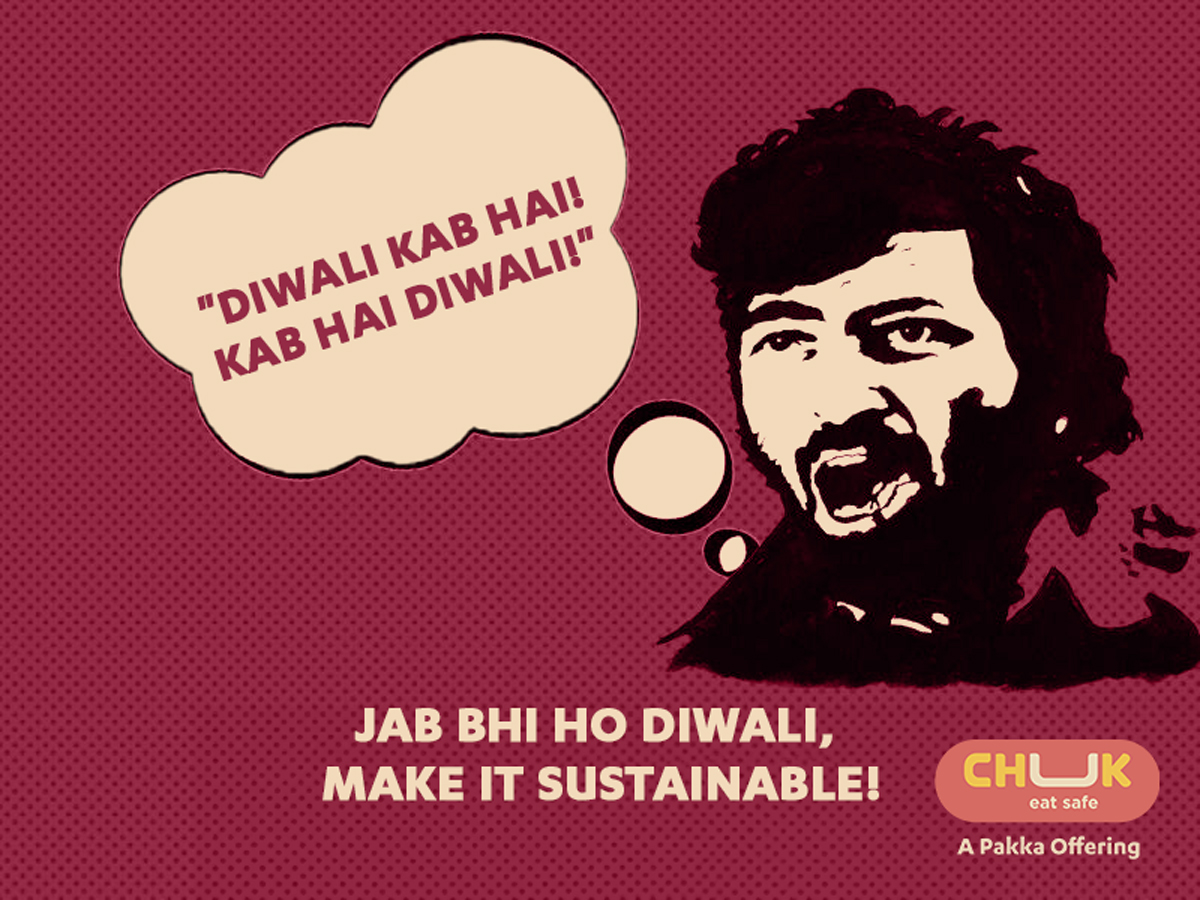Diwali is here again, and there’s one thing that’s been lighting up the minds of everyone—Diwali kab hai? This year, the festive season has sparked a lively debate: When is Deepawali? Is it October 31st or November 1st? Let’s clear the air on this trending topic!
Why the Confusion?
Well, Diwali is traditionally celebrated on the Amavasya (new moon) of the Hindu month of Kartik. In 2024, the Amavasya Tithi (the period of the new moon) starts on October 31st at around 3:52 PM and ends on November 1st at 6:16 PM. This overlapping timing has led to different regions and communities choosing either October 31 or November 1 to celebrate, depending on their local customs. In India, October 31 is considered the more auspicious date, primarily because it aligns with the Pradosh Kaal (the two hours after sunset), which is ideal for performing Lakshmi Puja. However, in countries like Australia, New Zealand, Malaysia, and Singapore, Diwali will be observed on November 1st.
Astrologers and religious scholars, after much deliberation, have recommended October 31 for most of India, while international communities may follow November 1 due to local time zones and traditions.
In short, whether you’re celebrating on October 31 or November 1 depends on your local customs and time zones. So, the answer to when is Deepawali? It can be either day—depending on where you are!
The Spirit of Diwali
Despite the debate over ‘Diwali kab hai’, the spirit of the festival remains constant. Diwali is about lighting up our homes and hearts, sharing sweets with loved ones, and coming together as a community. It’s a celebration of light and joy, no matter which day you choose to observe it.
And here’s where we can do something a little extra special this year—let’s add some love for the planet to our Diwali celebrations. Just as Diwali’s spirit transcends dates, sustainability should transcend our everyday choices, including how we celebrate. Imagine serving those delicious Diwali sweets on compostable, eco-friendly tableware from Chuk—because why should your celebrations add waste to the planet?
Why Sustainable Diwali Matters
During the festive season, the amount of waste generated can skyrocket. From single-use plastics to non-recyclable decorations, the planet often bears the brunt of our celebrations. By opting for compostable plates, bowls, and cups, you’re not just honoring tradition—you’re also showing love for the environment. Compostable products, like those from Chuk, made from sugarcane residue, can break down naturally, leaving behind nothing but good vibes.
Plus, isn’t it fun to imagine that while the date of Diwali might change, our commitment to sustainability remains as steady as ever? After all, it’s not just about when we celebrate—it’s about how we celebrate. So, whether it’s a house party on the 31st or a family feast on the 1st, let’s make sure our Diwali is as kind to the earth as it is bright for us.
So, No Matter the Date…
Light up your homes, cook those family-favorite meals, and spread joy. And when you do, make sure your tableware matches the vibe—eco-friendly, compostable, and full of care for the planet. No matter if Diwali falls on the 31st of October or the 1st of November this year, the spirit of the festival—and the need for sustainable choices—remains the same.
Happy (and sustainable!) Diwali to you!
Source: OneIndia
